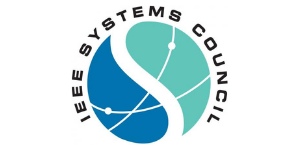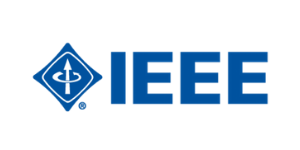- Condition monitoring and maintenance of industrial process, plants and complex systems
- Fault detection and diagnosis in Systems Engineering
- Evaluation of Reliability, Availability, Maintainability and Safety (RAMS), Risk assessment and management for Systems Engineering
- Impact of RAMS requirements in systems application devoted to Life and Society, environment and new energy sources
- Testing and Diagnostics (Destructive and Non-destructive Testing, Vibration monitoring, Built-in Test Equipment and Automatic Test Equipment, etc.) in the design of complex systems
System engineering has experienced multiple successes over the years in various industrial projects with a strong emphasis in defense and aerospace. Recently, system engineering have gained several contributions from theory however the field still lacks a strong theoretical foundation. This request for more theoretical foundations come from both academia and industry in order to make the best of system engineering practices and experience in increasingly multidisciplinary projects. Several research topics need to be addressed such as formal definitions of system engineering terms and concepts, systems semantics, complexity theory of multidisciplinary systems, formal analysis of system engineering processes and standards but also all theoretical computer science impacts on languages (e.g. SysML) and tools used by system engineers. This session contributors will also provide papers discussing the integration of quantitative methods into MBSE methods and processes. Examples of quantitative methods include formal methods, value driven design, petri-nets, design space optimization (MDAO), etc. This session will also accept papers on the integration of the quantitative methods into SysML and its variants. This session will as well architecture frameworks and their theoretical foundations and complexity.
Finally, the session will also call for papers proposing new research directions and tutorial papers in the theoretical foundations of system engineering.
Organizers
Omar Hammami
ENSTA PARIS /IP PARIS
828, Bvd des Maréchaux
91762 Palaiseau cedex
FRANCE
+33-1-8187-2033
[email protected]
Submission procedure Research and application papers
These are long manuscripts addressing novel ideas, theoretical issues. For this category, authors should submit either the full manuscript (up to 8 pages in length), or, alternatively, an extended abstract of at least four (4) pages. A clear statement of contribution is required. The papers should also include an introduction, background, theory, results, and validation. All papers and abstracts should be submitted electronically to the EDAS IEEE ISSE 2022 submission portal at www.edas.info.
Important Dates
Paper submission: June 25, 2022
Notification of acceptance: July 22, 2022
Camera Ready paper: August 10, 2022


